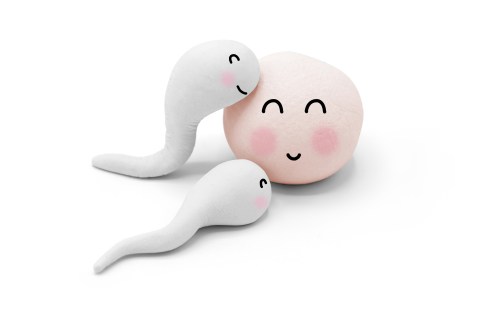How can I counter airborne allergens?
Each month, leading integrative health expert Dr Andrew Weil gives his definitive answer to a medical question

Allergies reflect immune-system activity against harmless substances mistakenly identified as threats to the body. Common allergens include pollen, dust, pet dander and mould. Symptoms of seasonal allergy – also called hay fever or seasonal rhinitis – include a runny nose, sneezing, itchy eyes and dark circles under the eyes. The goal of treatment is to convince the immune system that it need not respond to allergens in this way.
You can help your immune system unlearn its response through healthy changes in your diet, lifestyle and mental state. Start by limiting exposure to common allergens through simple changes in your environment. Dust-proof your home by removing rugs, blinds and other potential dust-catchers, and purchase a HEPA (High-Effeciency Particulate Air) filter, which removes airborne particles by forcing air through screens with microscopic pores.
Diet can have a profound effect on allergies. Follow an anti-inflammatory diet that includes a range of brightly coloured fruit and veg, slow-digesting carbohydrates and cold-water fish for their anti-inflammatory omega-3 fats. Reduce your intake of animal protein, especially milk and milk products, and focus on plant-based protein sources.
Mental state influences immunity, so practise regular stress management. I have seen severe, long-standing allergies disappear when people eliminated a major source of stress. Hypnosis is one stress-busting tool that facilitates the immune system’s unlearning of allergies and, in some people, prevents reactions altogether. You could also try nasal douching with a warm saline solution (don’t use tap water as rare, but dangerous, infections have been reported) to rinse allergens off nasal tissues and soothe membranes.
Conventional management of allergic rhinitis relies on antihistamines and steroid nasal sprays, but avoid systemic suppressive therapy, such as oral steroids. Cromolyn sodium, a non-steroidal spray can be used. Allergy injections may be suggested – but I haven’t found them to be worth the trouble, cost and risk that they entail. (I do recommend them in the case of life-threatening allergies, such as to bee venom.)
A number of herbs show promise in relieving symptoms. The freeze-dried extract of stinging nettle leaves works well for most hay fever sufferers. The adult dose is one to two capsules every two to four hours.
Additionally, quercetin is a bioflavonoid used to curb symptoms. It appears to work by stabilising mast cells, thereby reducing the release of histamine, one of the mediators of allergic inflammation. Take 500 milligrams between meals each day for at least six weeks. Only use products that are free of pyrrolizidine alkaloids (PPAs), compounds that can damage the liver. Preliminary data also suggests that acupuncture may be helpful.
Photograph: iStock









